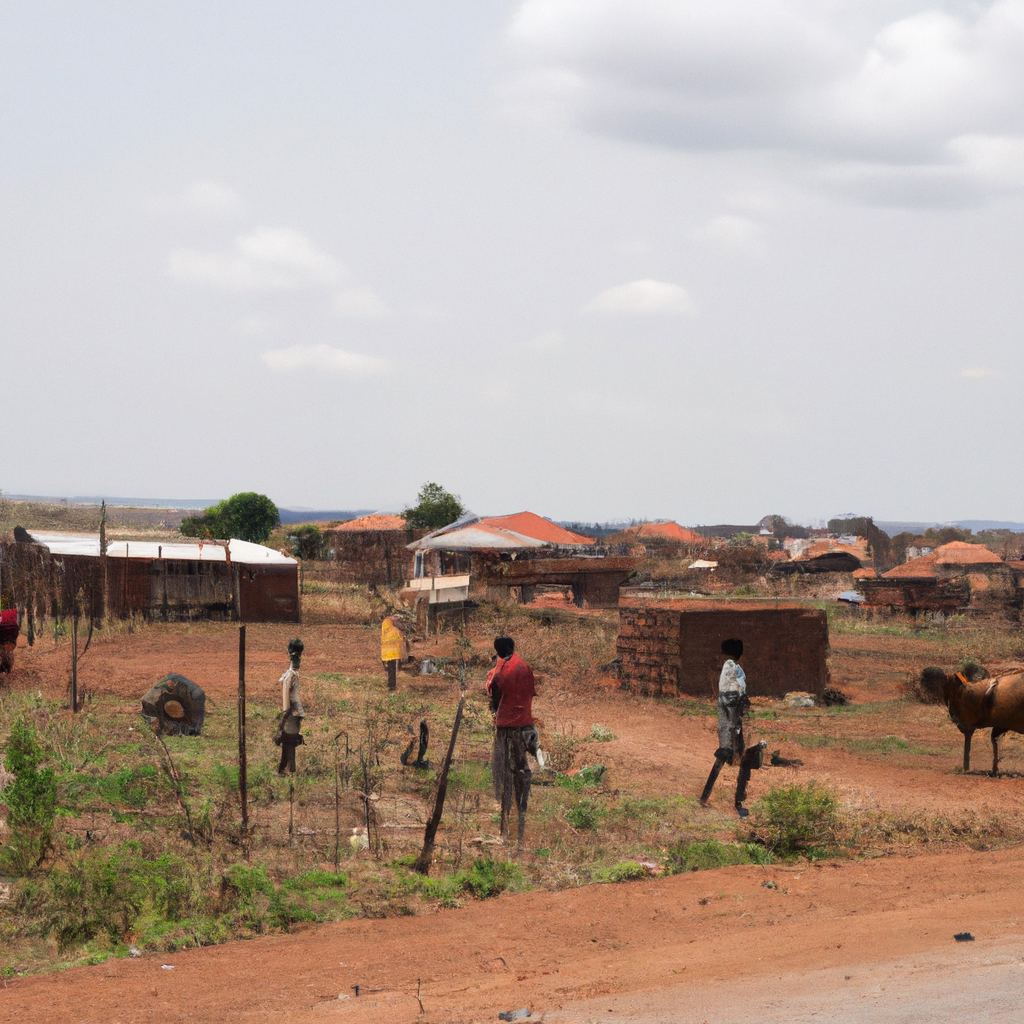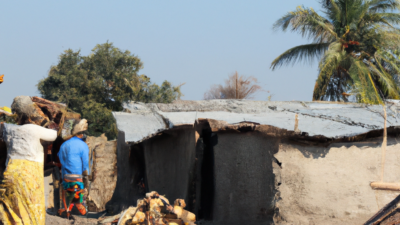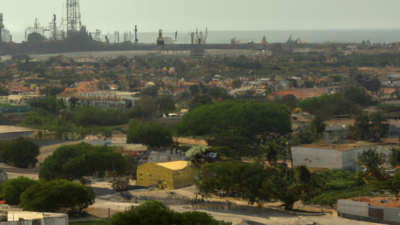The Pre-Colonial Economy of Angola
Before the onset of European colonization in the late 15th century, the region now known as Angola was a mosaic of thriving kingdoms and communities with diverse and complex economies. The pre-colonial economy of Angola was multifaceted, characterized by a combination of agriculture, trade, craftsmanship, and hunting-gathering activities, each contributing to the sustenance and development of various ethnic groups and polities.
Agricultural Practices and Food Production
One of the mainstays of the pre-colonial Angolan economy was agriculture. The fertile lands, particularly in the river valleys, supported the cultivation of a variety of crops. Staple foods included millet, sorghum, yams, and later maize, which was introduced from the Americas. The people employed a range of agricultural techniques, from slash-and-burn methods to more permanent field systems. Livestock raising was also significant, with cattle, goats, and poultry being common. These practices not only provided food but also played a role in social and economic exchanges, as surplus produce could be traded or used in ceremonial contexts.
Trade Networks and Commerce
Trade was a crucial aspect of pre-colonial Angola’s economy. The region was part of extensive trade networks that connected the interior with the Atlantic coast and beyond. Locally, markets facilitated the exchange of goods such as salt, iron tools, pottery, and textiles. Long-distance trade routes allowed for the exchange of ivory, copper, and slaves, linking Angola to broader African and even transcontinental markets. Coastal communities engaged in maritime trade, connecting with traders from other parts of Africa, the Middle East, and Europe even before formal colonization took hold.
Craftsmanship and Industry
Craftsmanship played an important role in the pre-colonial Angolan economy. Various communities were known for their specialized skills in metallurgy, pottery, weaving, and woodworking. Ironworking, in particular, was highly developed, with blacksmiths producing tools, weapons, and ornamental items. These artisanal products were not only used locally but also traded, adding to the wealth and cultural richness of the region.
Social and Economic Structures
The economy of pre-colonial Angola was deeply intertwined with its social and political structures. Kingdoms such as Kongo, Ndongo, and Lunda had complex hierarchies and systems of governance that facilitated economic activities. Chiefs and kings controlled land and resources, collecting tributes and redistributing goods to maintain social cohesion and political power. The economy was also influenced by kinship and lineage systems, with extended families working together in agricultural and trade activities.
Conclusion
The pre-colonial economy of Angola was a vibrant and dynamic system, characterized by agricultural productivity, robust trade networks, skilled craftsmanship, and complex social structures. These economic activities not only sustained the local populations but also positioned Angola as an important player in regional and transcontinental trade networks. Understanding this rich economic history provides valuable insights into the resilience and ingenuity of Angola’s people before the disruptions of European colonization.













